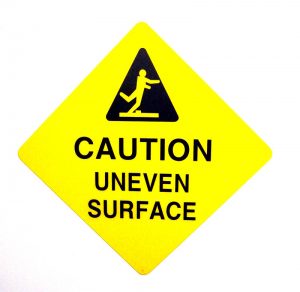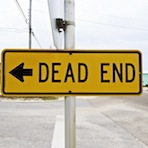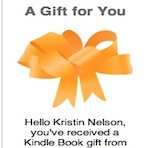STATUS: Just another manic Monday.
What’s playing on the XM or iPod right now? RED RIVER VALLEY by Frank Macchia and Tierney Sutton
This weekend was an interesting one for me. I read our slush pile for the first time in several years. Grin.
What do I mean by that? Well, I hired Sara Megibow more than four years ago and once she was fully trained, she read all incoming submissions to set aside the ones that I actually needed to review. In other words, I read only a third of all the actual submissions that came to the agency.
As we train Anita, somebody needs to read behind her to make sure she’s forwarding the right submissions on to Sara and to me. Anita will become the reader of all things while Sara and I can have a reduced workload. There isn’t enough time in the day for us to read ALL incoming submissions.
So this weekend I read eleven different sample page submissions and one salient point became very clear. There are decent writers out there who are totally starting their stories in the wrong place which can obscure what the novel is really about. If I’ve read 30 pages and it’s clear to me that we still haven’t gotten to the right beginning, it’s a pass.
So the biggest writing culprit writers need to watch for that will indicate a story starting in the wrong place?
Back story.
One submission had several scenes that weren’t really relevant to where the novel actually started—which was in chapter three (around page 27). The opening scenes were essentially back story—info the writer needs to know but the reader doesn’t. Back story needs to be integrated throughout the novel in a masterful way.
Second biggest culprit?
Minutiae.
In other words, the writer is overcompensating for the wrong beginning by including beginning scenes with too much detail about the characters and all the underlying tension of the relationships so all that is clear before the novel can “begin.” The details are certainly good to have but they are placed in scenes that don’t actually move the story forward. In other words, the only purpose of the scene is to introduce characters. Then by chapter three or four, suddenly we have the actual story.
I know this is happening when I read and think, not bad writing here but this author needs some judicious editing as I’m getting bogged down in details but the story isn’t actually moving forward with momentum and tension.
Writers who are actually ready for agent submission have mastered the art of seamlessly integrating back story and relevant character details into a plot that moves the story forward.
Those who haven’t are probably getting passes on sample pages and no requests for the full (although an agent might highlight there is decent writing on the page).
And I know what you are thinking. Why can’t agents just say this? Because it would take too much time to point it out and clearly illustrate it. That would be critiquing the manuscript which is too time-consuming.
Which is why I’m trying to use this blog entry to point this out. I know examples would help but I don’t have permission from submitters to use their work on this blog.
ps. Thanks for all the embed songs into blog tips. I’ll check out the sites and see what I can start using.





